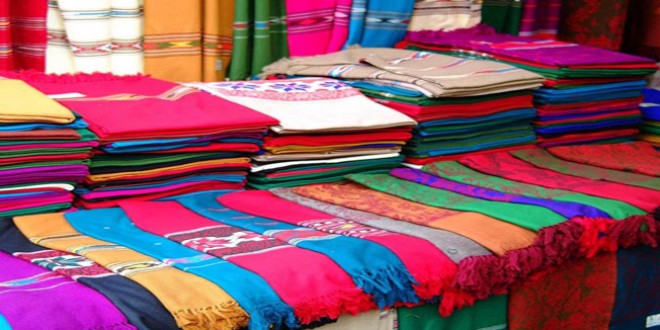
http://info.afrindex.com
China-Africa Trade Information Service

http://info.afrindex.com
China-Africa Trade Information Service

By Nyasha Chingono
A sustained erosion of incomes has forced Zimbabweans to resort to cheap imports, including second hand clothes.
"In order to protect the local industry from cheap imports, the ministry has removed second hand clothing, blankets and woven fabric from the open general import licence whose importation in large quantities was threatening the viability and growth of the sector," said Minister of Industry and Commerce, Mike Bimha."Imports will be allowed only to the extent of the gap between local supply and local demand," added Bimha.
Delegates at the indaba said government was failing to enforce the ban, and insisted that effective implementation of the ban of cheap clothing imports would cushion the industry from unfair competition, although it would affect millions of Zimbabweans surviving from the sale of second hand clothes.
The major challenge that is facing the sector is the issue of finance, which is difficult to get from banks, it’s on a short-term basis and the interest rates that are being charged are very high. This is more to companies that were not exporting and were only selling to the local market and there did not have any foreign currency reserves to buy raw materials and pay salaries after the introduction of the multi-currency system.
It has rendered most local clothing lines uncompetitive against cheap imports that have flooded the market, and counts on imports.